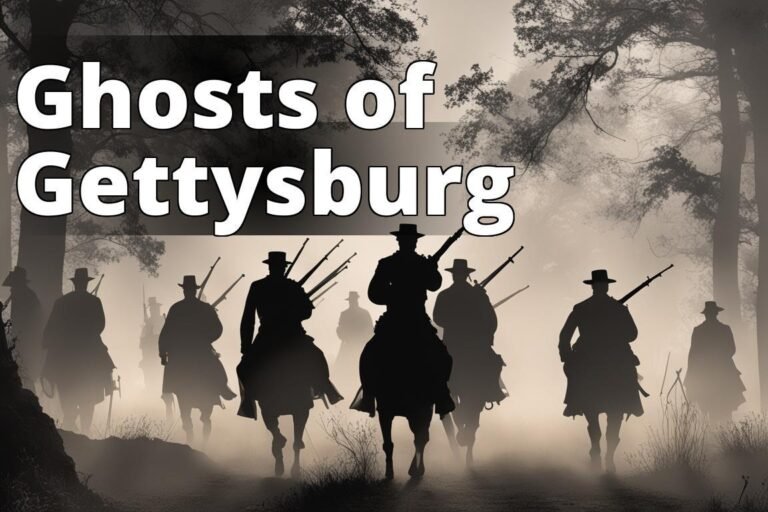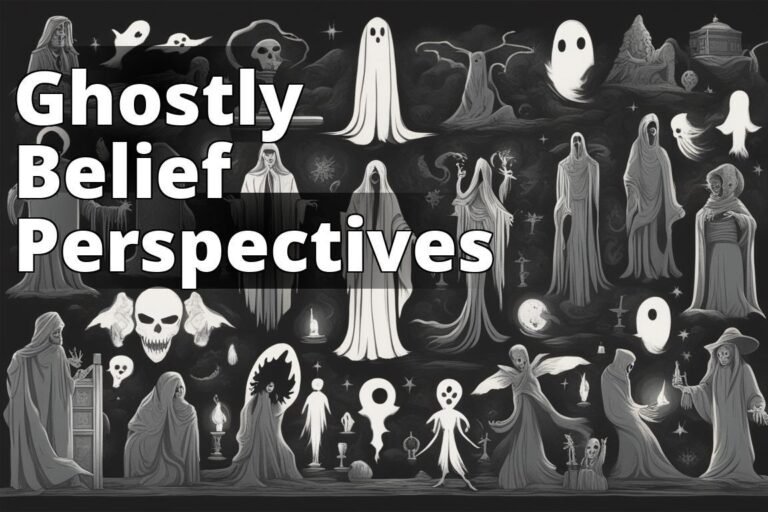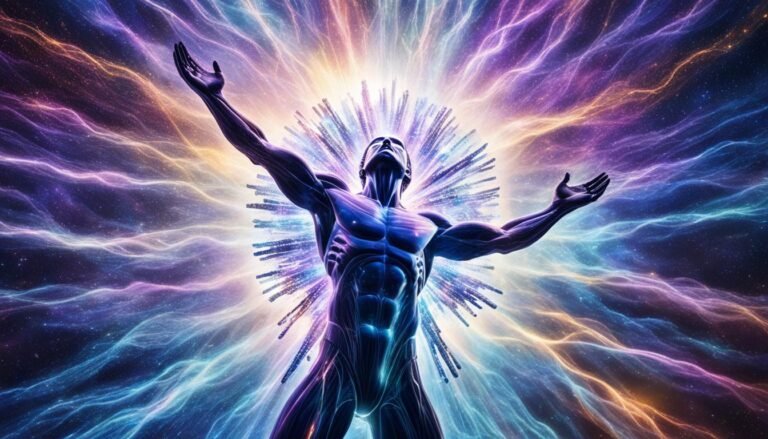What Are Ghosts? The Science of Ghosts and Hauntings
Ghosts have long fascinated humanity, appearing in the folklore of nearly every culture around the globe. They’ve been feared, revered, and even worshipped. But the burning question remains, do ghosts exist? This exploration dives deep into the essence of ghosts, the science behind hauntings, and what these spirits may truly symbolize. We’ll journey through history, examine psychological perspectives, and ponder the future of ghosts in our technological age. Whether you’re a skeptic or a believer, prepare to be intrigued by the thin white lies of the ghostly realm.
Learn about the symbolism of ghosts
- Ghosts symbolize the continuation of existence after death.
- They also represent unfinished business or unresolved emotions.
- In some cases, ghosts symbolize a connection between the past and present.
What Are Ghosts? The Science of Ghosts and Hauntings
What Is a Ghost?
At its core, a ghost is thought to be the spirit or soul of a deceased person or animal that can appear to the living. But what do ghosts symbolize? Often, they represent unresolved issues, unfinished business, or a longing for justice. They’re not just spooky tales for Halloween; they’re manifestations of our deepest fears and desires.
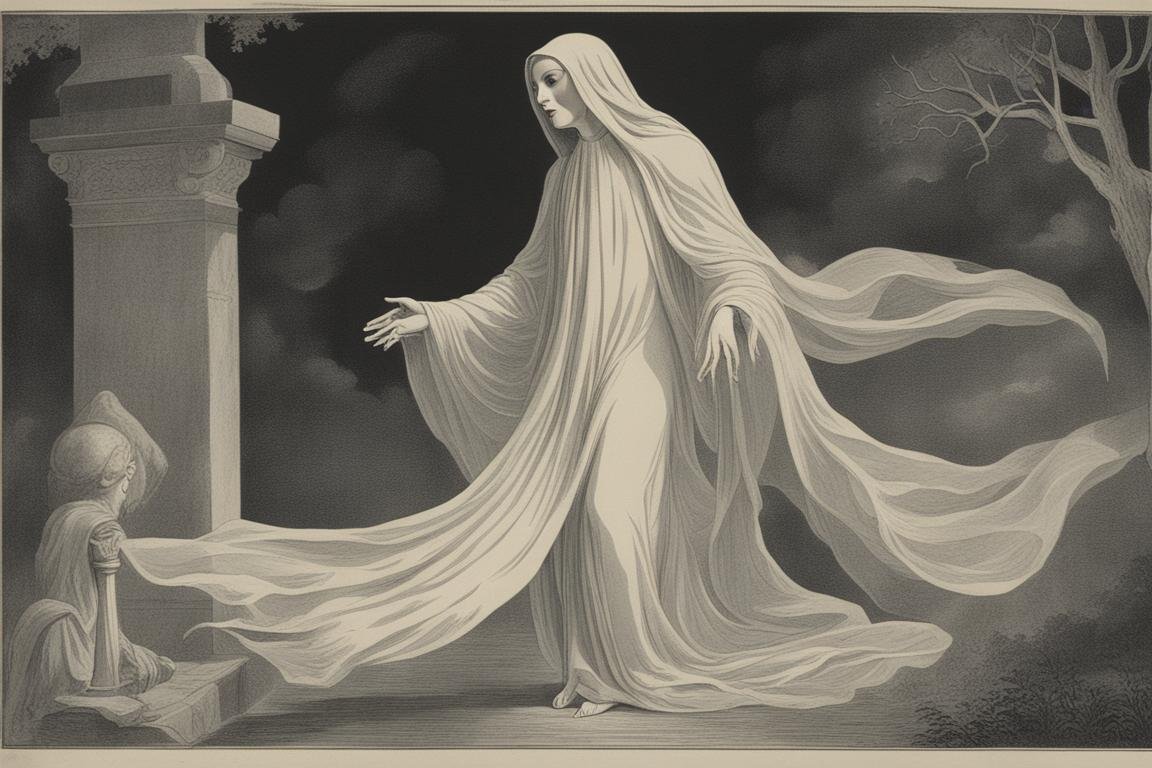
The Science of Ghosts
Science tends to view ghosts with a heavy dose of skepticism, attributing many paranormal experiences to natural phenomena or psychological factors. For instance, low-frequency sound waves, known as infrasound, can create feelings of unease and even hallucinations. Yet, for every logical explanation, there’s a haunting that defies scientific understanding, keeping the debate alive.

Types of Ghosts
The world of spirits is vast and varied, with several types of ghosts reported by witnesses and paranormal investigators.
Apparitions
These are what most people picture when they think of ghosts: transparent, ethereal figures of humans or animals. Personal anecdotes abound of loved ones appearing shortly after their death, often as a comforting presence.
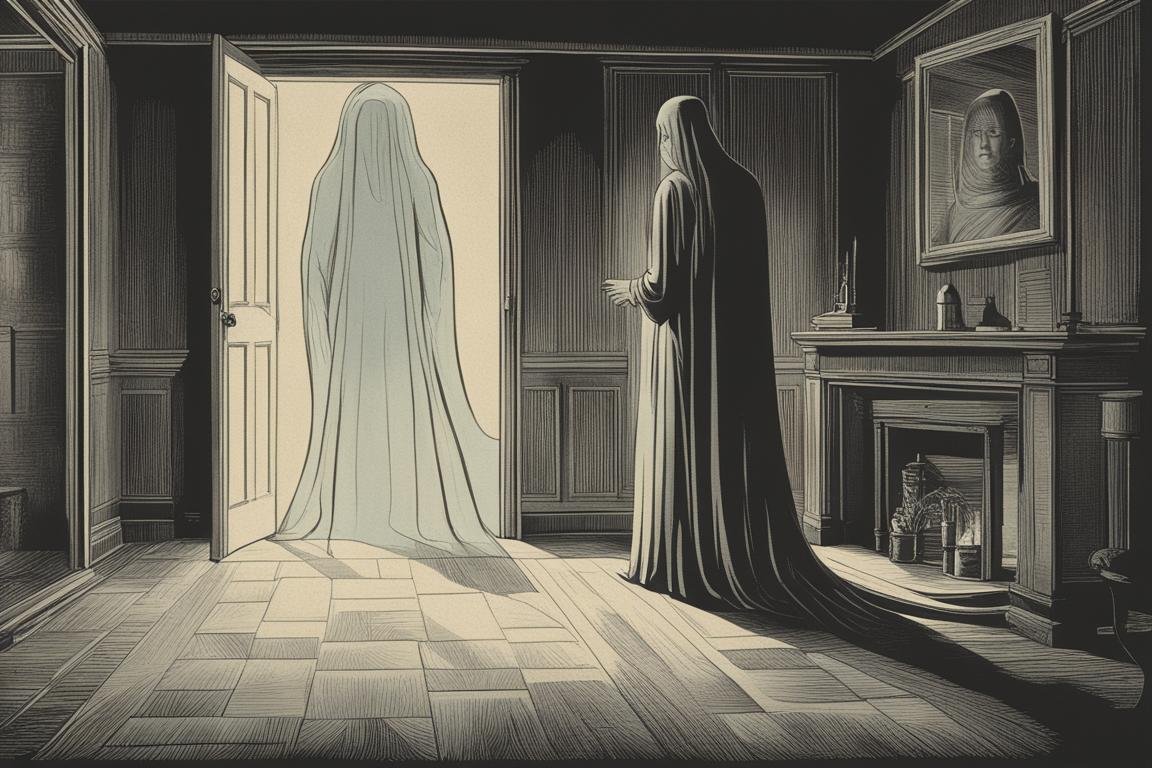
Poltergeists
Translated from German as “noisy ghost,” poltergeists are known for physical disturbancesobjects moving or sounds with no apparent source. Interestingly, poltergeist activity often centers around an individual, suggesting a psychokinetic origin.

Hauntings
Hauntings involve continuous paranormal activity often tied to a specific location. These can range from benign, such as the feeling of being watched, to terrifying encounters with full-bodied apparitions.
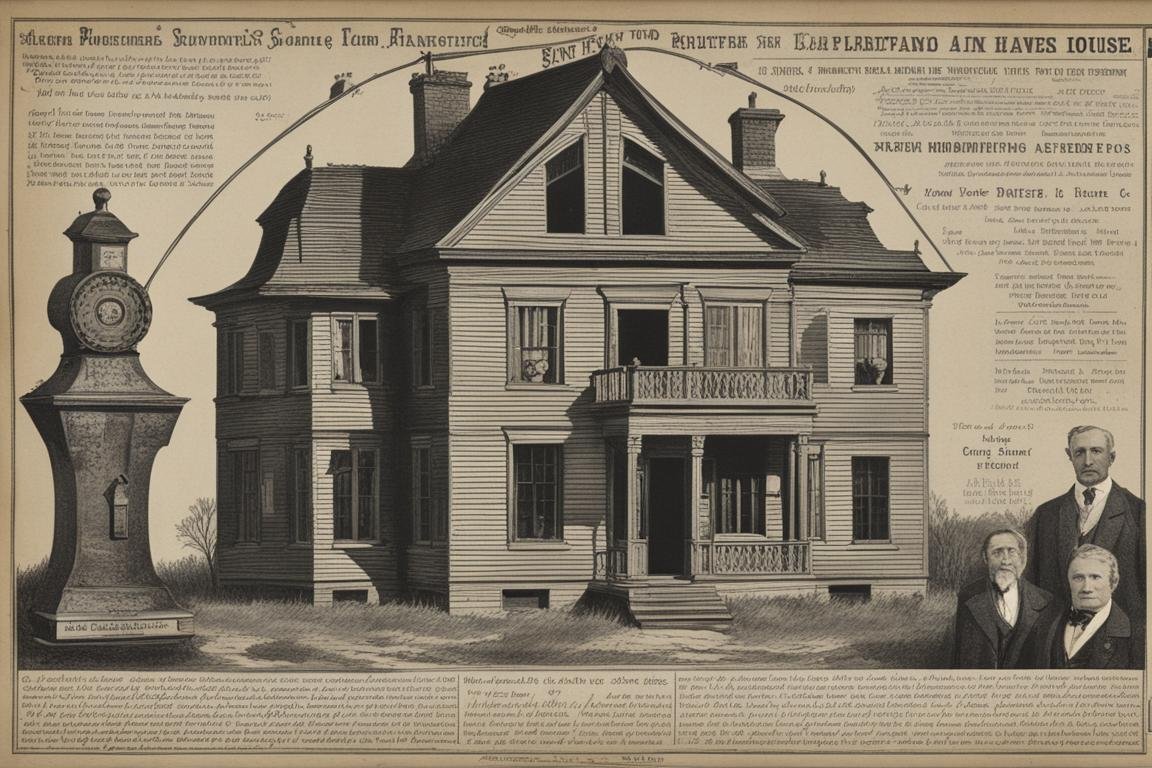
The History of Ghosts
Ghosts have been part of human stories since ancient times. Every civilization has its tales of spirits, from the vengeful ghosts of Greek mythology to the ancestral spirits worshiped in various Indigenous cultures. This universality suggests that, regardless of the existence of ghosts, the phenomenon taps into something essential about the human condition.
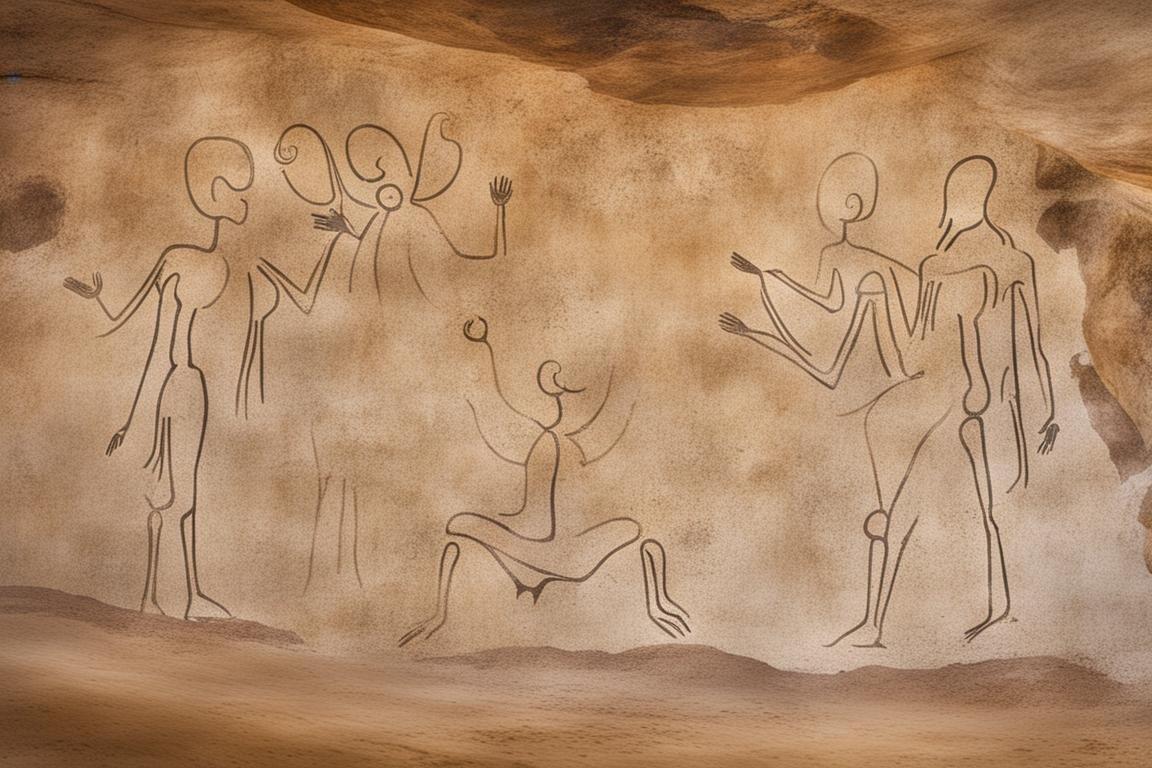
The Psychology of Ghosts
The belief in ghosts can be as much about psychology as it is about paranormal activity. Fear of death, the need for closure, and the power of suggestion all play roles in how and why people experience ghosts. Studies have shown that people are more likely to report paranormal experiences if they are in a location known for being haunted, demonstrating the influence of expectation.
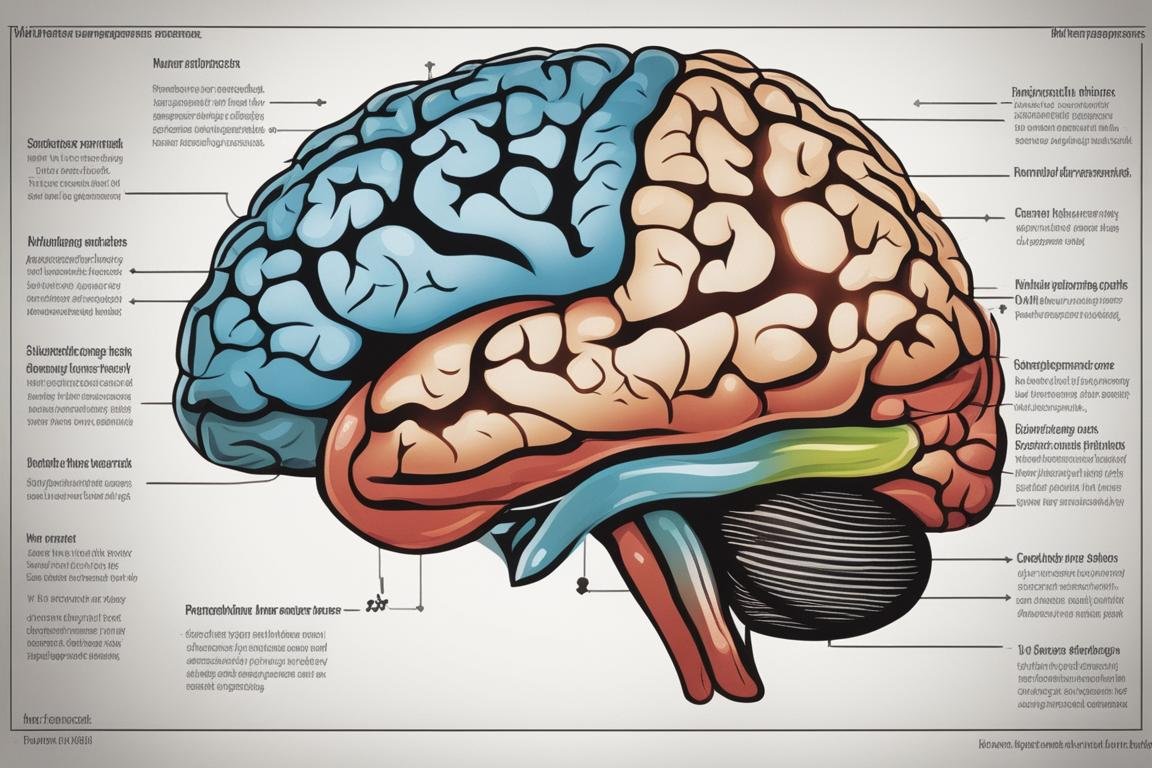
The Future of Ghosts
As technology advances, so do the methods for ghost hunting and paranormal investigation. High-tech gadgets, from electromagnetic field (EMF) meters to digital voice recorders for capturing electronic voice phenomena (EVPs), have become standard tools for those looking to prove the existence of ghosts. However, with these advancements comes skepticism. The more we can explain, the less room there seems to be for the unexplainable. Yet, the fascination with ghosts persists, perhaps pointing to a future where technology and the paranormal intersect in ways we can’t yet imagine.
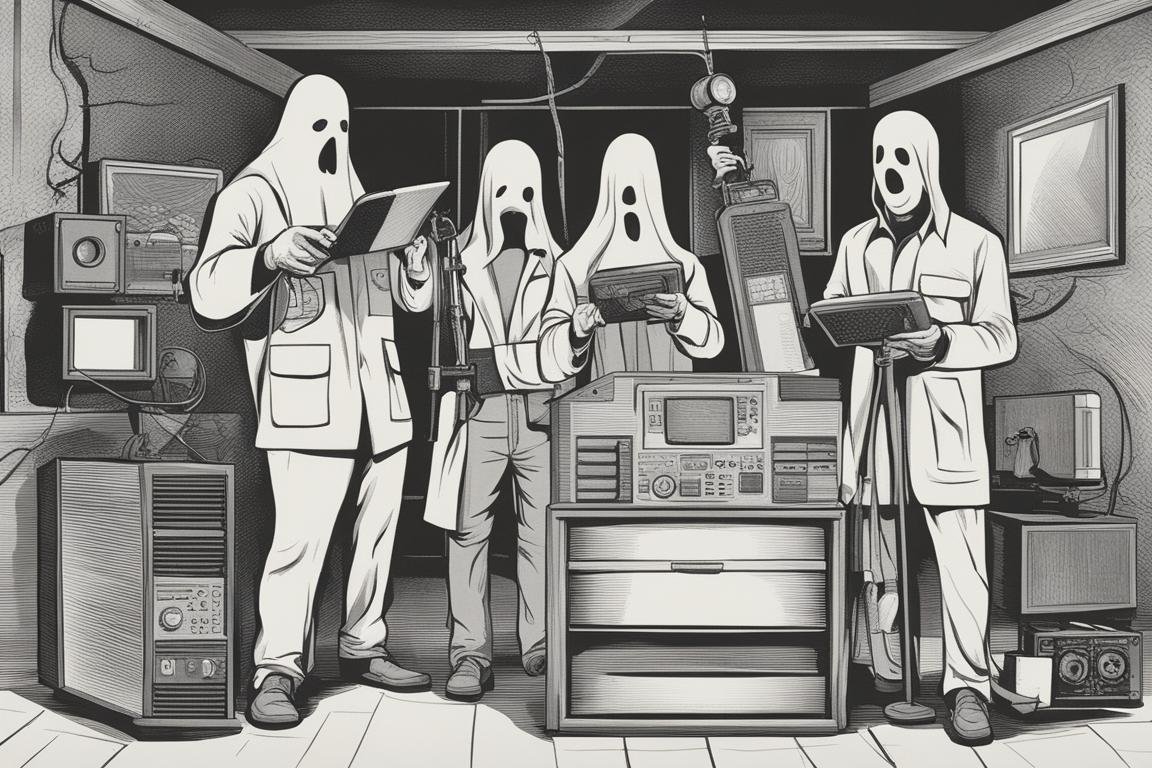
In conclusion, the question of whether ghosts exist may never be definitively answered. What’s clear, though, is that ghosts symbolize much more than fear and uncertainty. They represent a bridge to the past, a way to deal with loss, and a lens through which we view our mortality. Whether through personal experiences, scientific inquiry, or the rich tapestry of global ghost lore, the search for ghosts ultimately reveals more about the living than the dead. As we continue to explore the unknown, perhaps the most important thing ghosts teach us is to keep questioning, keep wondering, and keep the conversation about the unseen world alive.
Insider Tip: For those interested in the pursuit of paranormal investigation, remember that respect for the deceased and the locations you’re exploring is paramount. The world of ghosts, whether real or imagined, is intertwined with our own histories and emotions.
For more explorations into the unexplained and the histories behind our most enduring legends, visit Thin White Lies.
Remember to check our sitemap for more intriguing content: /index.php?xml_sitemap=params=main;html=true
Common Questions
Who can explain what ghosts symbolize?
Experts in understanding spirits and ghosts can shed light on what ghosts symbolize.
What significance do ghosts hold in various cultures?
Ghosts hold different meanings in diverse cultures, often representing ancestors or unresolved issues.
How can one interpret the presence of ghosts?
Interpreting the presence of ghosts involves considering context, emotions, and messages conveyed.
What if someone doesn’t believe in the symbolism of ghosts?
It’s okay if someone doesn’t believe in the symbolism of ghosts; interpretations vary based on personal beliefs.
How do ghosts in dreams differ from waking-life encounters?
Ghosts in dreams may symbolize subconscious fears or unresolved emotions, unlike waking-life encounters.
What do recurring ghost sightings signify?
Recurring ghost sightings may symbolize unresolved issues or a need for closure in certain situations.


